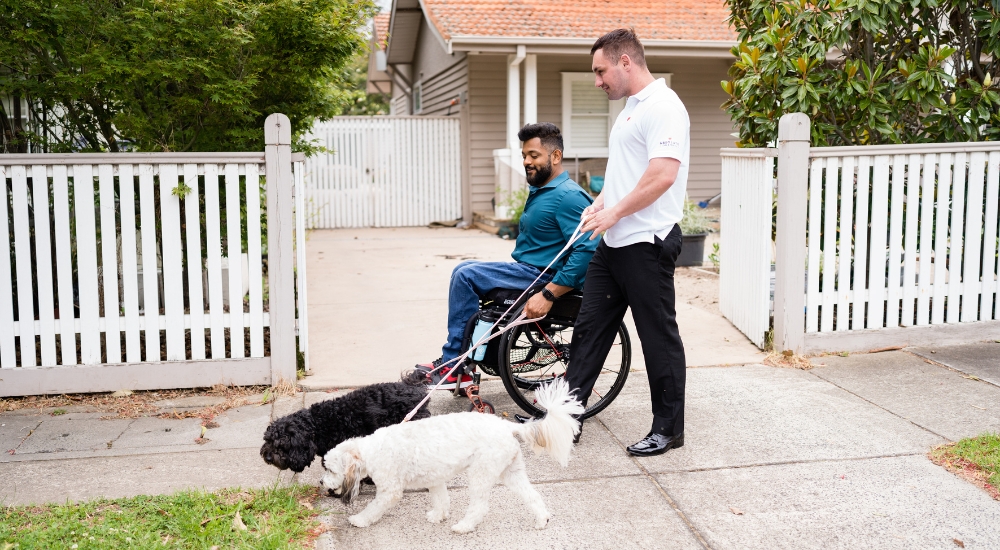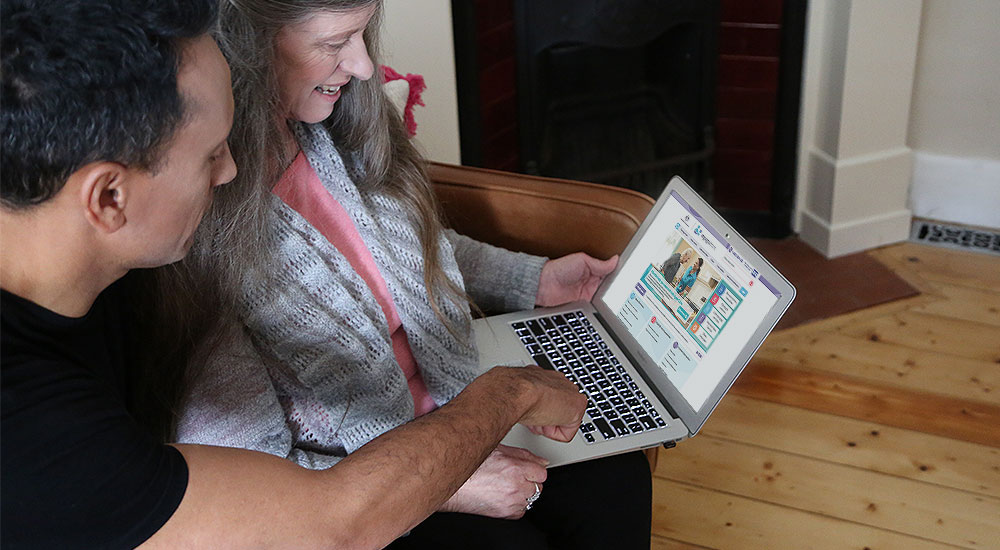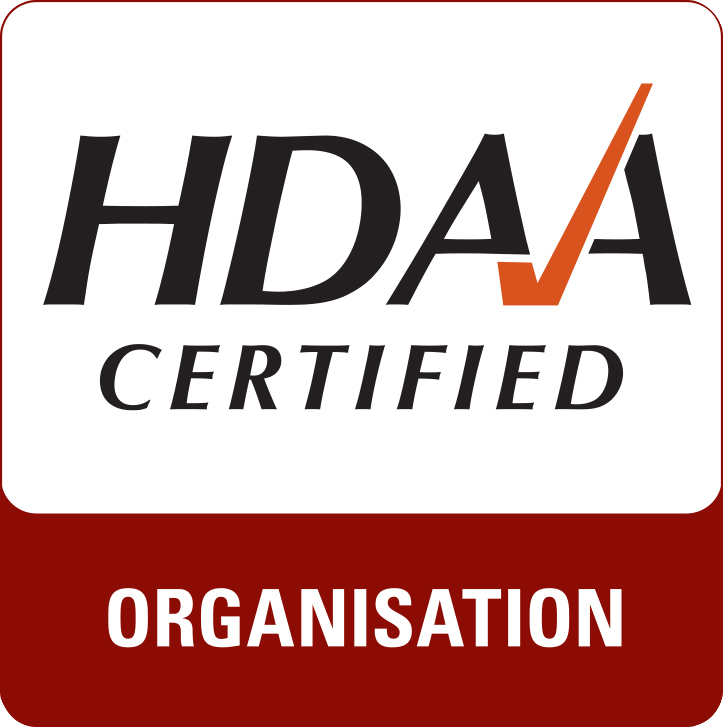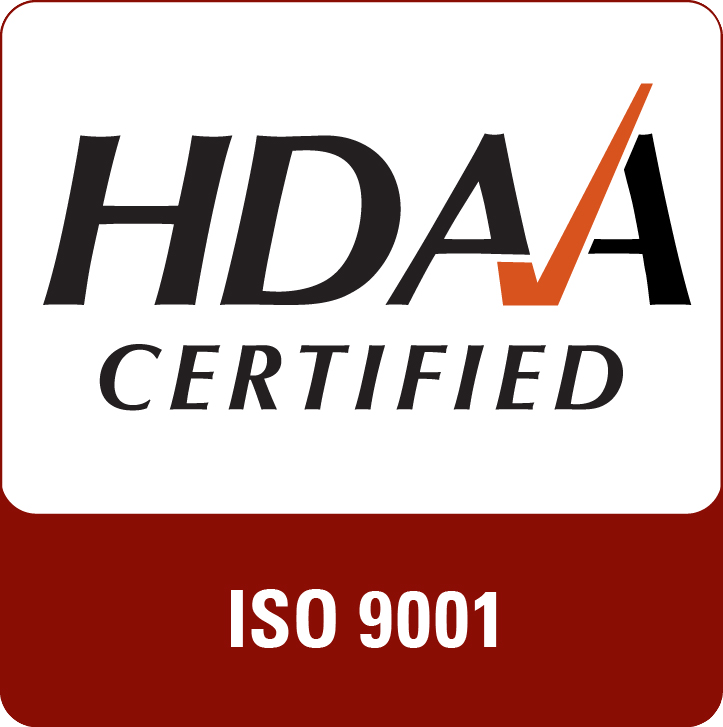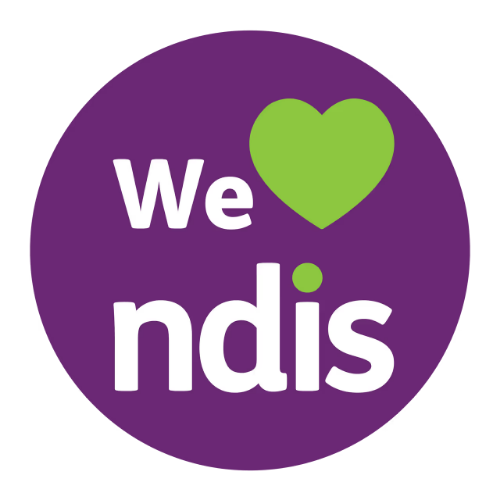In 2013, the Australian government introduced the very first national program for people with disability – the National Disability Insurance Scheme (NDIS).
Through the provision of funding to eligible participants, it aims to connect people with disability to services in their community so that they can have access to new skills and jobs, gain more time with family and friends, instil greater independence and overall have an improved quality of life.
To carry out this goal, the NDIS has partnered up with registered providers to deliver the support needed by NDIS participants.
What is a NDIS Provider?
In brief, NDIS providers are individuals or organisations that deliver a support or service to a participant of the NDIS.
There are registered and unregistered providers. The former means they are formally register with the NDIS and are audited to ensure they meet strict requirements to do with safety, quality and compliance set by the NDIS safeguard commission. Unregistered ones, on the other hand, simply mean they don’t go through this process but it does not mean that they are unqualified.
Now, it is good that there are plenty of NDIS service providers out there as people with disability have more choices. However, not all are able to help in the way they say they will. So how do you choose the right provider that will give you the service and support you need?
Tips on How to Find the Right Support Provider
1. Make a list
First, write down a list of your requirements and goals. What are the supports that will help make your life easier? Is there something you’d want to achieve?
For example, you have the goal to live as independently as you can. One of the ways to achieve that is to find a job that you can manage. Think about the skillset required for you to land that job. Do you have it or do you need to learn new skills? Write them all down.
The right NDIS service provider will take into account every detail of your list and put together a strategic roadmap of how their products can help achieve those goals. They will also put considerable weight on your goals and help you achieve them by identifying the skills you or your family need.
Also, it is worthwhile to also write down a list of questions that you want to your service provider. This will help you find out if they are the suitable one for you.
2. Find out as much information as you can
Once you have compiled a preliminary list, it is time to look for approved providers in your area (you can do so by contacting the NDIA). It is highly recommended that you look for one that is close in proximity because you wouldn’t want the long transportation every time you need to meet with them.
Look up the providers you have in mind next on the internet and read any reviews available about them. Most should have websites that list the plans they support and the services they offer but, in any case, you can always arrange a face-to-face or phone meeting to discuss your services and plan options.
It is also helpful to get a third-party opinion so enlist the help of a family member or friend when you’re doing your research.
3. Find out if they are qualified for what you need
This is perhaps the most important segment out of all.
As mentioned above, not every service provider is able to provide support in the way they say they can. To ensure you get good services, it is vital that you find a registered provider who has the required qualifications, expertise and experience to provide the right support you need.
Ask them questions and analyse the proposition they give you during your meetup to see if the services they offer suit you and does what you want it to do. A good NDIS provider will be:
(a) Qualified: see how long they have been in the industry to gauge their experience. A qualified provider will know how to provide support for people with disability through the use of intervention strategies that are grounded in research and clinical evidence.
(b) Outcome-focused: see if they focus on outcomes i.e. try to improve your daily life by equipping you with the things you require that supports towards independence. A good one will want to help improve your home and social skills so that you can foster a sense of belonging with the community.
(c) Team-oriented: see if they try to find out more about your social networks, family and friends because a great provider does not just focus on the participant alone. They will work with the participant’s family as a team and update them of any information and knowledge that will help the latter take better care of the person with disability.
(d) Inclusive: do they have any plans to help you participate in community life? A good provider will help participants take part in the community and socialize with others normally so find out if they are equipped to provide that kind of support or not.
It is worthwhile to talk to other participants who have engaged their services before and find out what they think.
Why Absolute Care & Health is The NDIS Provider You Have Been Searching For
Absolute Care & Health is a trusted NDIS service provider registered with the NDIA. We follow the NDIS Price Guide for all our services and we help you achieve the goals outlined in your NDIS plan. Most importantly, we listen.
We provide a variety of NDIS supports that suit a wide range of participants. For a full list of our products and services, visit our services page. All our services are personalised and provided by qualified disability support workers and personal care attendants.
Get in touch today if you are looking for a NDIS service provider that ticks all your boxes!

